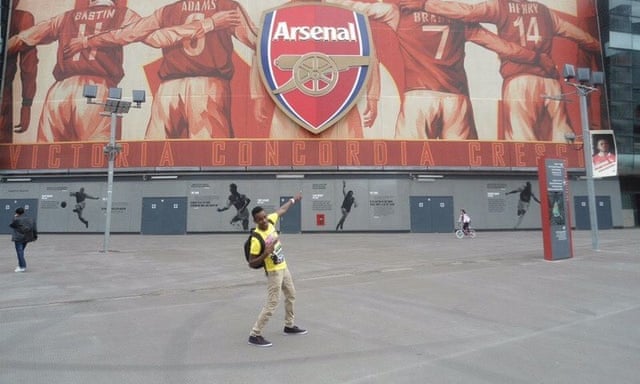On 22 January 2019, 26-year-old British tourist Ali Issa Ahmad was reportedly arrested and beaten by United Arab Emirates (UAE) security officials for sporting a Qatar soccer shirt during the Asian Cup match between Iraq and Qatar in the UAE. Ahmad was unaware of UAE’s policy that anything that could be seen as showing sympathy to Qatar is punishable by means of a large fine and extended period of imprisonment. The policy came as a result of the ongoing diplomatic crisis amongst Gulf Cooperation Council (GCC) countries, including Qatar, and the heavy curtailing of diplomatic relations since June 2017 – however, its impact has extended beyond the GCC and poses risk to unknowing travelers in the region.
Ahmad has claimed that he was initially ordered by officials to remove his Qatar jersey at the soccer match – later, he was assaulted for again wearing a Qatar shirt to the beach, still unaware of the policy violation. While officials initially let him go after this incident, he was detained after seeking treatment for his injuries from the second incident, at a hospital. He was held in a security building and deprived of sleep, food and water for several days before being transferred to a police cell. Ahmad’s case is not the first of abuses perpetrated by UAE officials – in May 2018, Matthew Hedges was held in “inhuman conditions” in the UAE and claims he was psychologically tortured into confessing to accusations of spying. During Ahmad’s detention, he was allowed one phone call and contacted his friend Amer Lokie, who appealed to the UAE government and the Foreign Office of the United Kingdom (UK) to advocate for Ahmad’s freedom and safe return home. On 24 January 2019, Ahmad was charged for wasting police time and making false statements. He was held in a police cell in Sharjah until February 12 and returned to the UK on 14 February.
The GCC conflict that largely impacted Ahmad’s case came as a result of the UAE hack of the Qatar News Agency (QNA) and its social media in May 2017. Quotes that surfaced from Qatar’s emir praising Islamist groups in an alleged speech – Qatar claims this speech never took place, but was instead a product of the hack and an attempt to spread “fake news” – caused a diplomatic breakdown, causing Bahrain, Saudi Arabia, Egypt, and the UAE to sever diplomatic relations with Qatar on 5 June 2017. Shortly after, the countries established a naval, land and air blockade against Qatar. The policy that ultimately resulted in Ahmad’s arrest is a product of this ongoing crisis.
Though Ahmad has returned to the UK, his case not only highlights the abuse of detainees by authorities, but underscores the broader impacts of the ongoing tensions between the UAE and Qatar. December 2018’s annual GCC summit resulted in no concrete terms to resolve the crisis, further signaling that cases like Ahmad’s may continue to occur. Unless the GCC states soon come to an agreement to resolve the crisis, even those hailing from Emirati ally states are at-risk of punishment due to the suffering diplomatic relations in the region.
Fritzle Pinedo is an Advocacy Intern with ADHRB.





